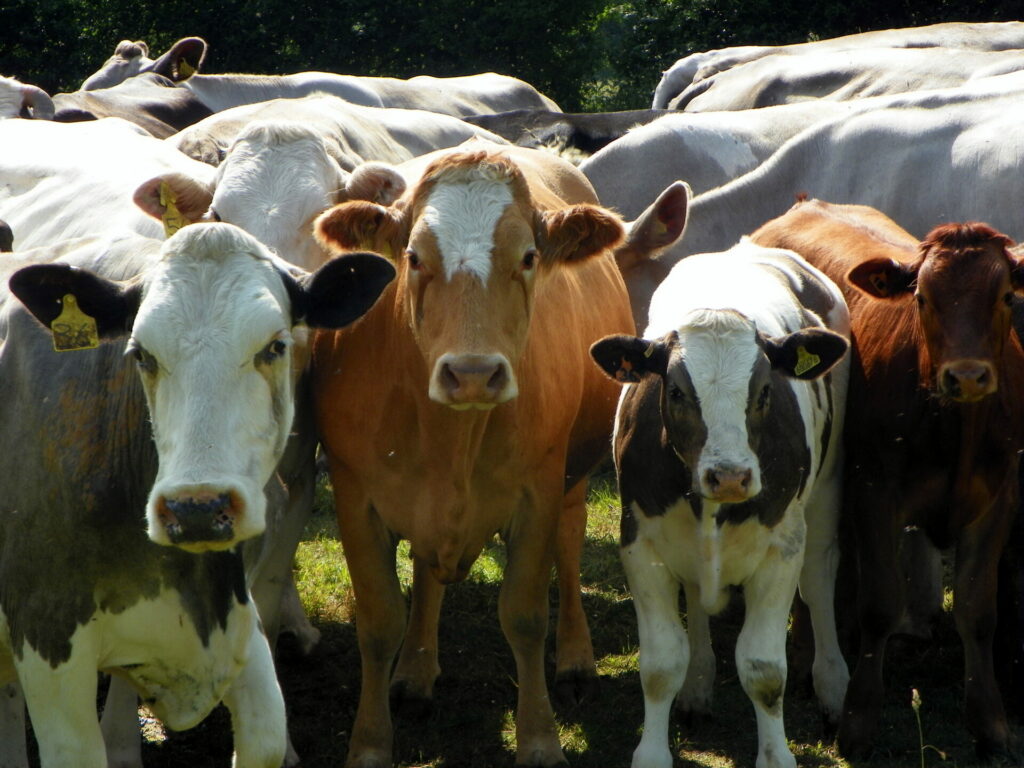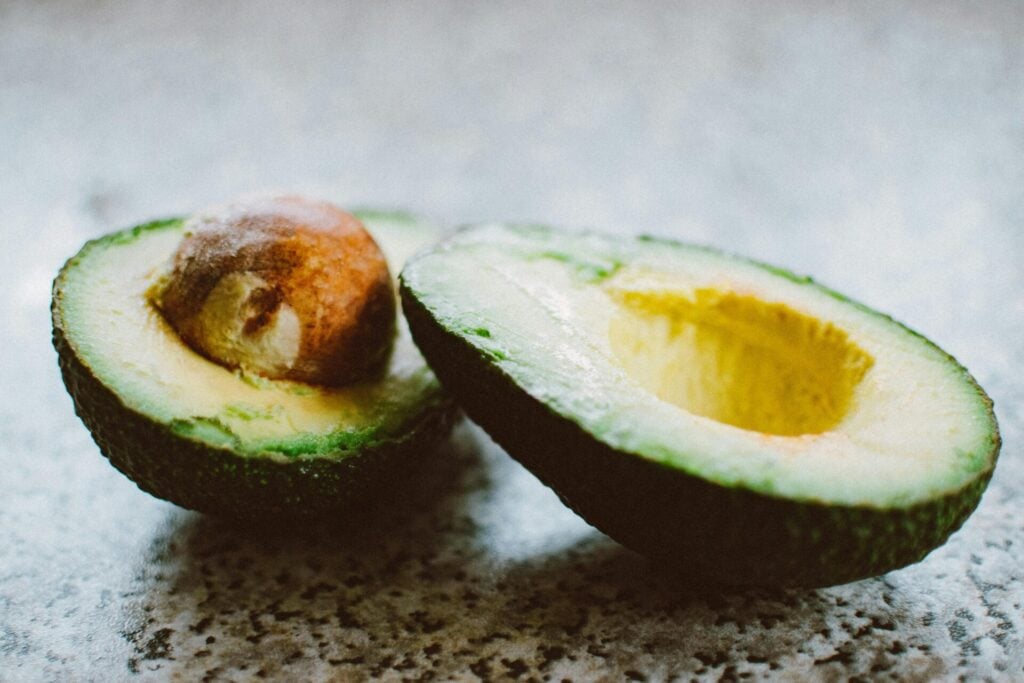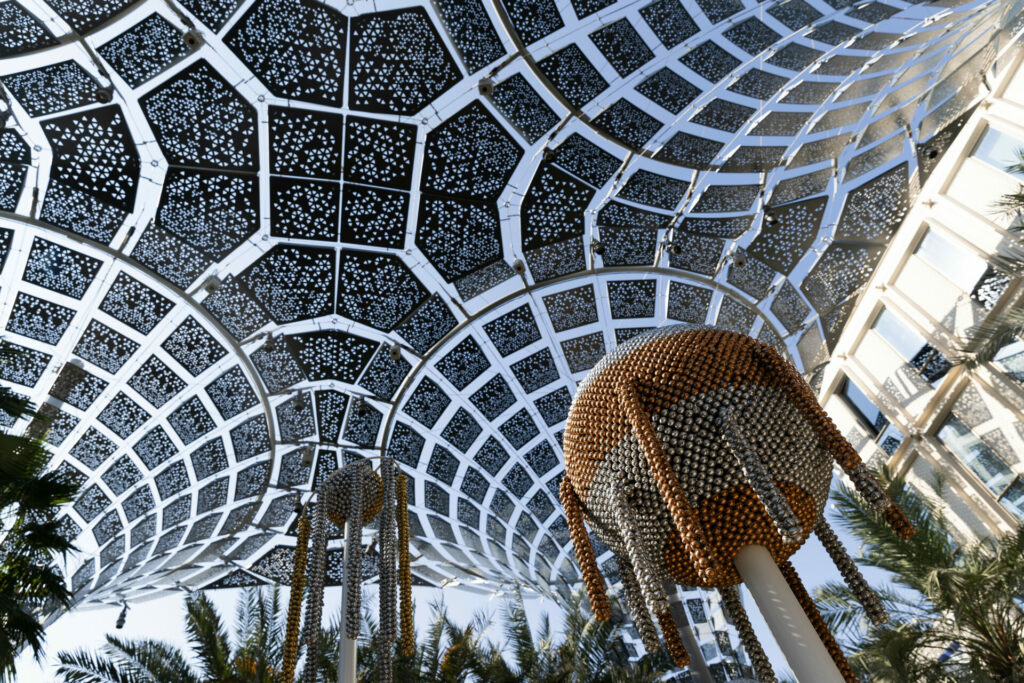Ice cream company Ben & Jerry’s is to feed seaweed to cattle in an effort to reduce greenhouse gas emissions from flatulence given off by its herds.
Globally, cows are thought to account for around 30 per cent of methane emissions – a gas that is far more harmful to the atmosphere than carbon dioxide – or 40 per cent of total global emissions from the agricultural sector.
The American company says its’ ‘Project Mootopia’ will cut down belching and flatulence before it occurs by changing the cows’ diets.
In a trial, cattle at 15 farms that supply the ice cream business will begin eating a small amount of red seaweed which the supplier, Blue Ocean Barns, states acts as a ‘burp suppressant’ that allows cows to retain more energy from their food. The company added that it is increasing production to meet the new demand.
‘We’re working really collaboratively with the farms to try to see what works, because we don’t know what will stick or what will make sense financially,’ Jenna Evans, global sustainability manager for Ben & Jerry’s, explained.
The iconic ice cream brand said it has been working with dairy farmers, scientists, academics, and researchers to figure out the best ways to reduce greenhouse gas emissions.
‘The world has a rapidly closing window of opportunity to avoid the worst effects of the climate crisis. If we want a habitable world, let alone one where people can still enjoy ice cream, then we have to act now.
Ben & Jerry’s
The company said: ‘Since dairy ingredients are responsible for more than 50 per cent of our greenhouse emissions, this is a big deal. This new project brings together everything we’ve been learning – it’s a comprehensive, collaborative approach to fighting the climate crisis that addresses three critical aspects of dairy farming.’
The first is enteric emissions, which can be reduced through a meal plan that includes a high-quality forage diet and innovative feed additives that reduce the production of methane as cows digest their food.
Ben & Jerry’s explained: ‘All ruminants – like cattle, sheep, deer, and goats – have a four-chambered stomach. The rumen is the largest compartment and can hold up to 25 gallons of food. Microbes in the rumen work to break down that food, and this fermentation produces carbon dioxide and methane. Digestion can produce up to 50 quarts of gasses an hour in the rumen, and a cow releases most of that gas by belching.’

Cows also each produce about 80 pounds a day of manure. So digesters and separators, which can be used to produce both renewable electricity and animal bedding, will be utilised during the trial.
Thirdly, the food firm also said its Mootopia project will grow more grass, and use regenerative practices to grow corn and other crops that will remain a part of a dairy herd diet, and help maintain healthy soils, increase carbon sequestration, lower synthetic inputs, promote biodiversity, and raise the amount of homegrown feed cows eat.
‘The pilot project will also promote renewable energy on dairy farms and continue our long tradition of making sure our cows are healthy and well cared for,’ said Ben & Jerry’s.
‘Is it kind of funny to talk about feeding cows a new diet that will help them belch less? Yes, it definitely is. But the potential positive impact is no joke. If this programme is a success and more and more farms and businesses adopt similar practices, it really could change the world.’
‘The Intergovernmental Panel on Climate Change’s latest report says that the world has a rapidly closing window of opportunity to avoid the worst effects of the climate crisis. If we want a habitable world, let alone one where people can still enjoy ice cream, then we have to act now.
‘We also know that to stop climate change, we have to address its systemic causes. That’s why we’ve spent so much time scrutinising our own global supply chain to find out which actions would have the biggest and most meaningful impact.
‘As we monitor and study all the new technologies and practices adopted by the initial 15 participating farms – which are split between the U.S. and the Netherlands – we’ll be making our findings public, so that the entire dairy industry can benefit.
‘Is it kind of funny to talk about feeding cows a new diet that will help them belch less? Yes, it definitely is. But the potential positive impact is no joke. If this programme is a success and more and more farms and businesses adopt similar practices, it really could change the world.’









